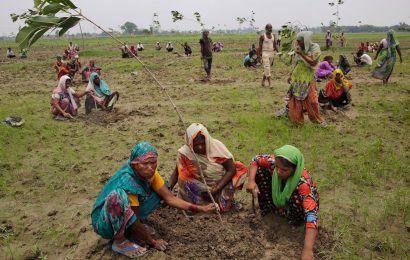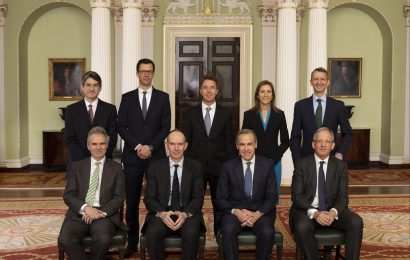Three horses tested positive for equine flu on Wednesday night although they were previously vaccinated against it
In order to contain the outbreak, four horse racing meetings were canceled on Thursday by the British Horseracing Authority, without announcing when they will be resumed. They issued a statement saying:
“The fact that the cases have been identified in vaccinated horses presents a cause for significant concern over welfare.”
The BHA also declared that they fear “the potential spread of the disease” and have put in place “appropriate quarantine and biosecurity measures”. They also restricted horse movements “to avoid possible further spread of the disease.” They added:
“The full extent of potential exposure is unknown and we are working quickly to understand as much as we can to assist our decision making.”
Equine influenza is one of the most potentially damaging infectious diseases affecting horses, mules, and donkeys. It is caused by strains of the influenza A virus and can bring high fever, coughing, and nasal discharge to infected animals.
The incubation period is of a few days but recovery can take weeks, even months. It is similar to the human flu, however, there are no known consequences for humans exposed to the disease. Although equine influenza is not usually fatal to healthy adult horses, it can be dangerous for young foals, mares in foal, or horses who are already ill.
As a result, racehorse trainers were instructed to vaccinate against equine flu all horses that have not been vaccinated against it in the last six months. As well as to take extra precautions since equine influenza can be very contagious. Plus, unlike other infections, it can be airborne and can also be indirectly contracted by horses, via people.



